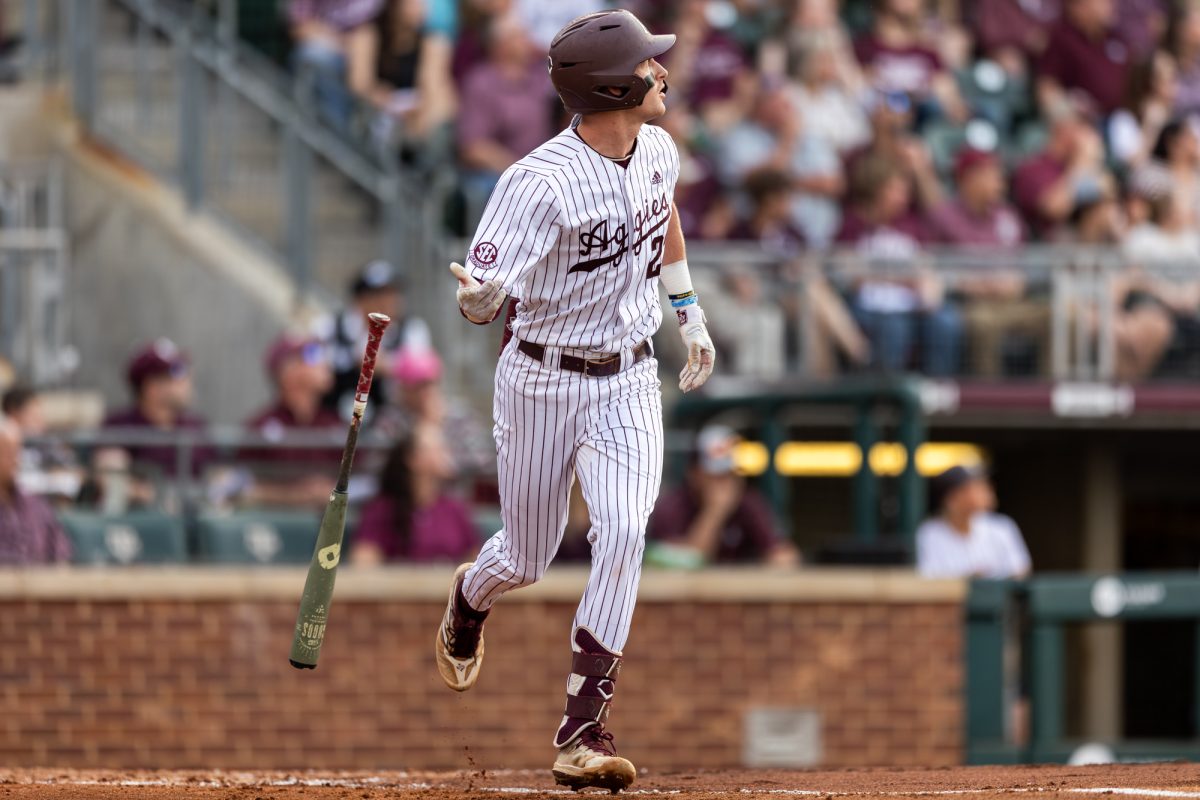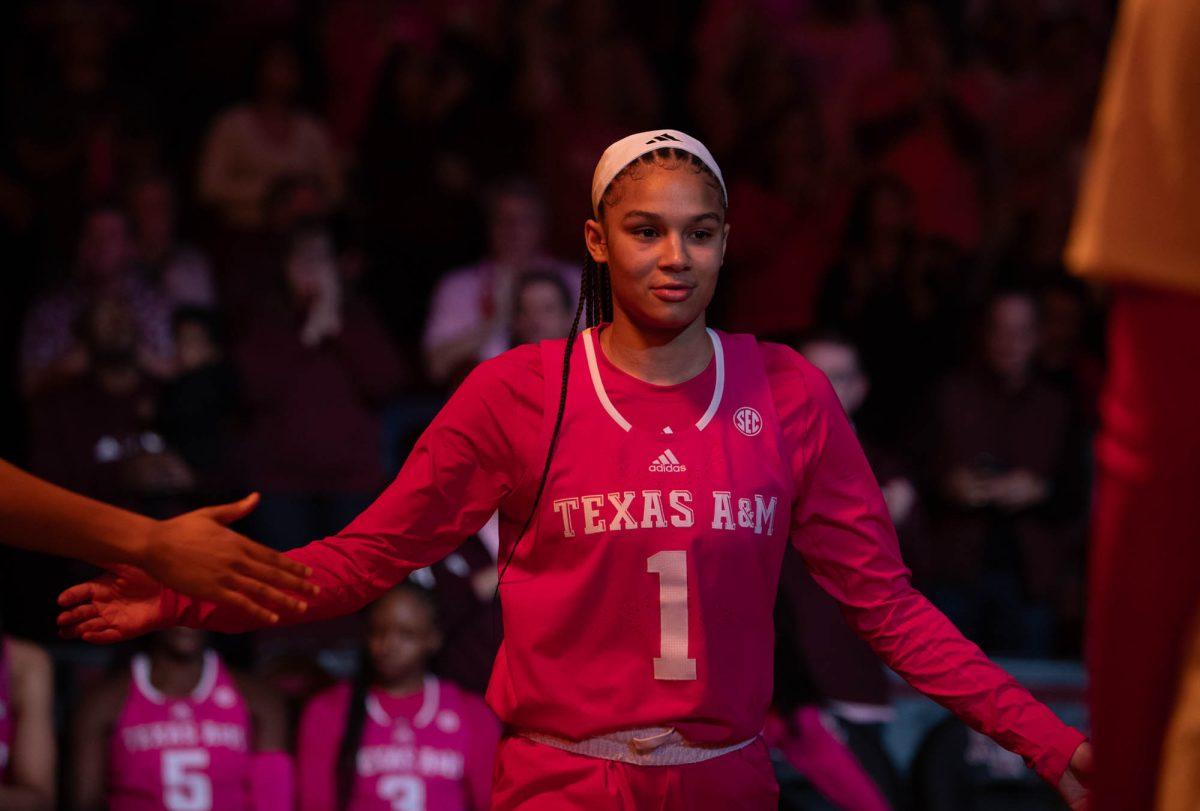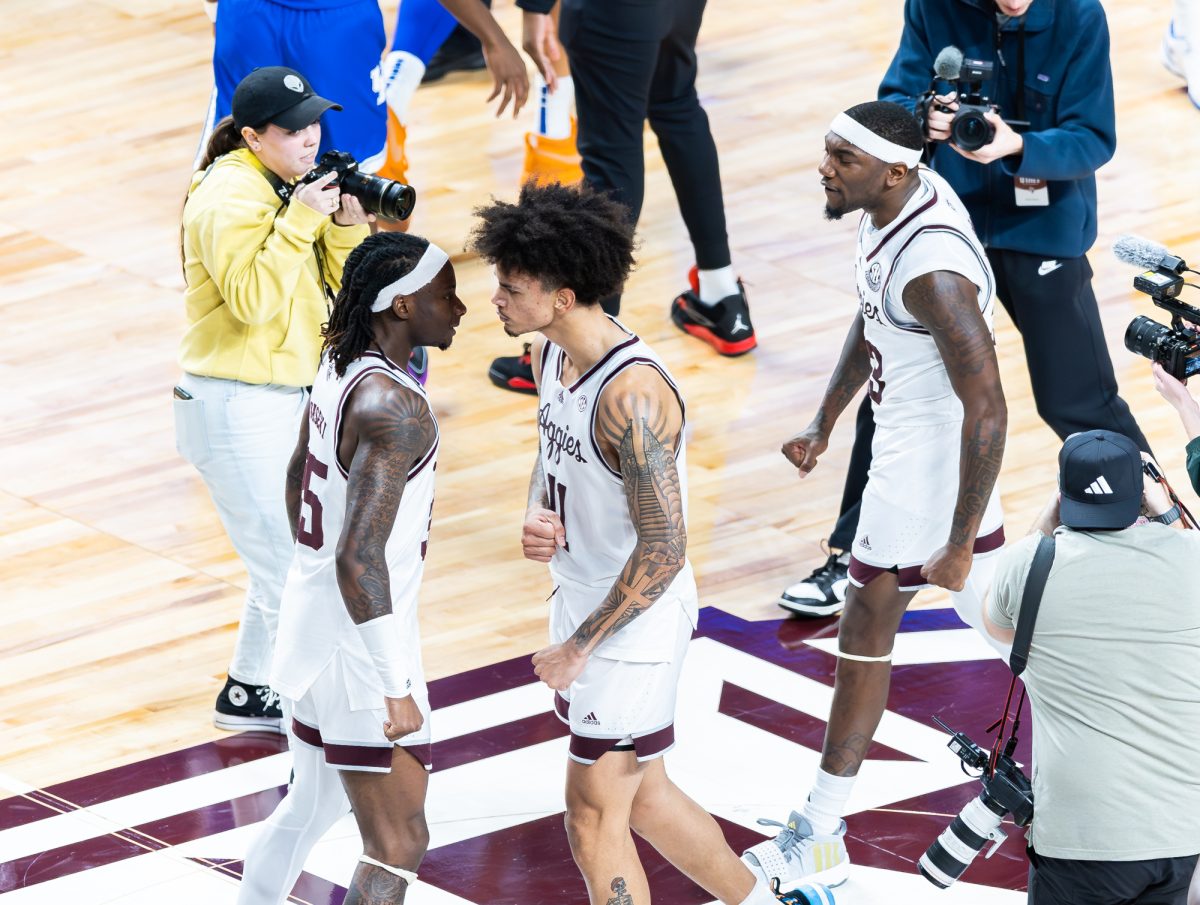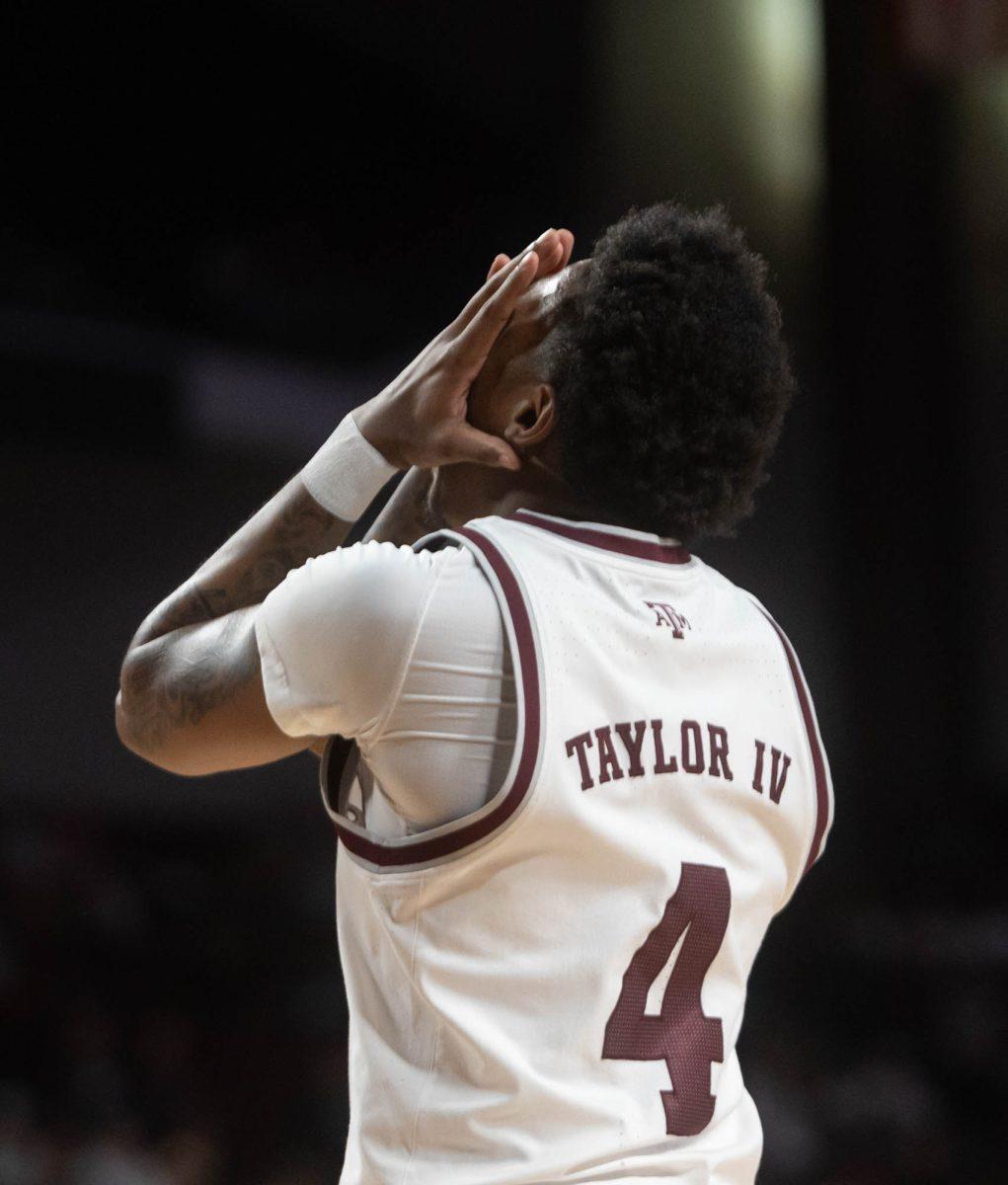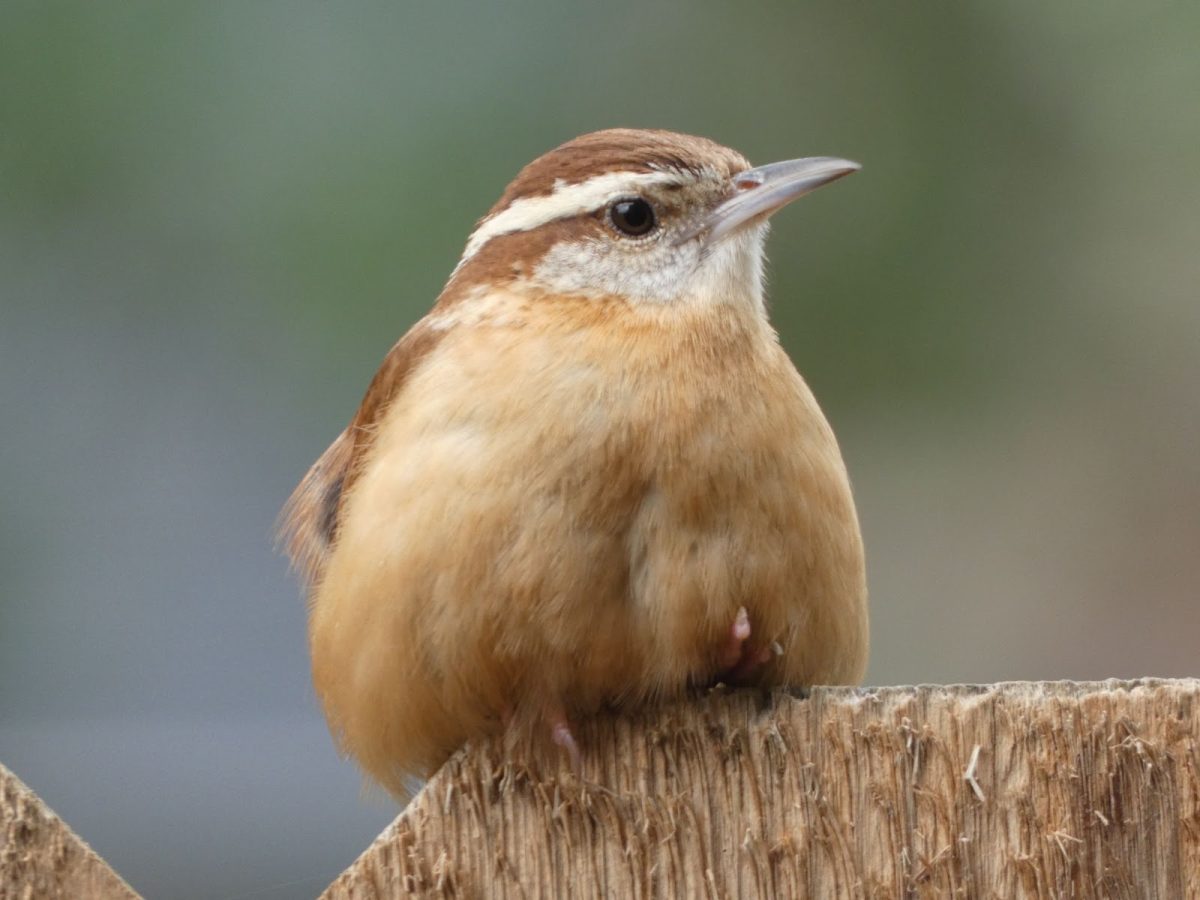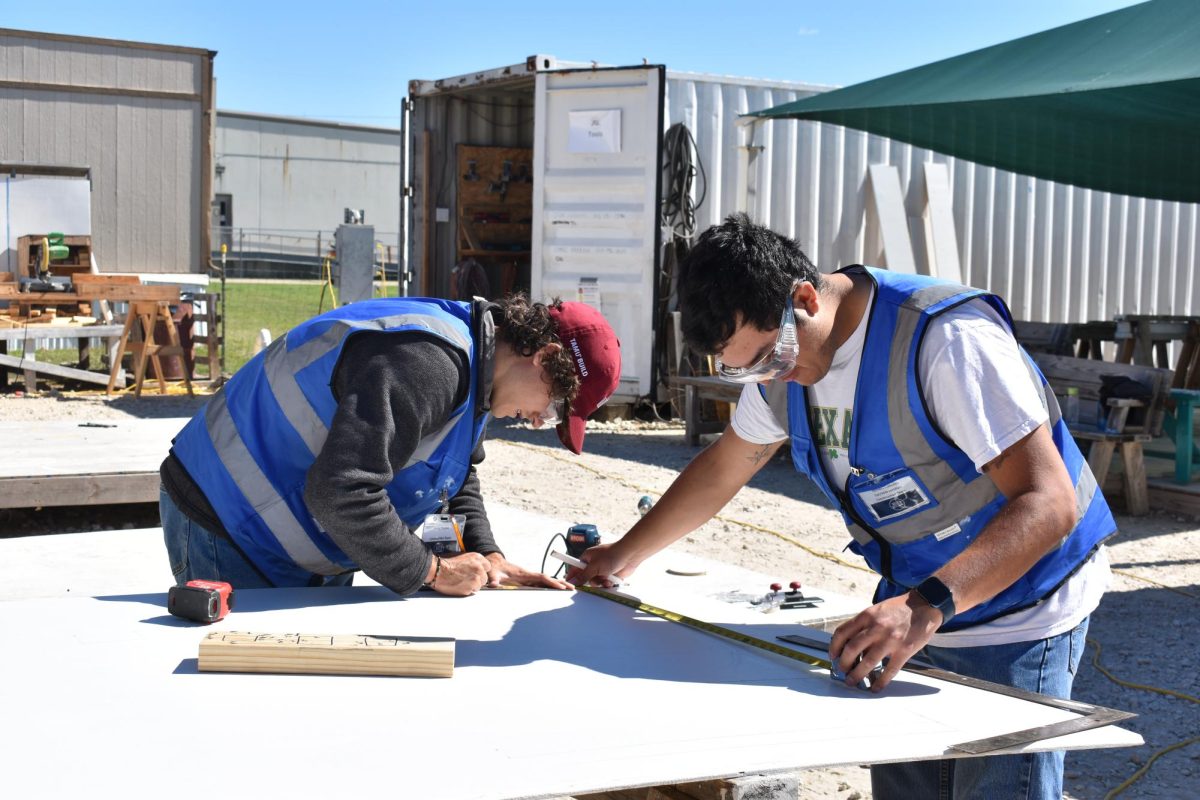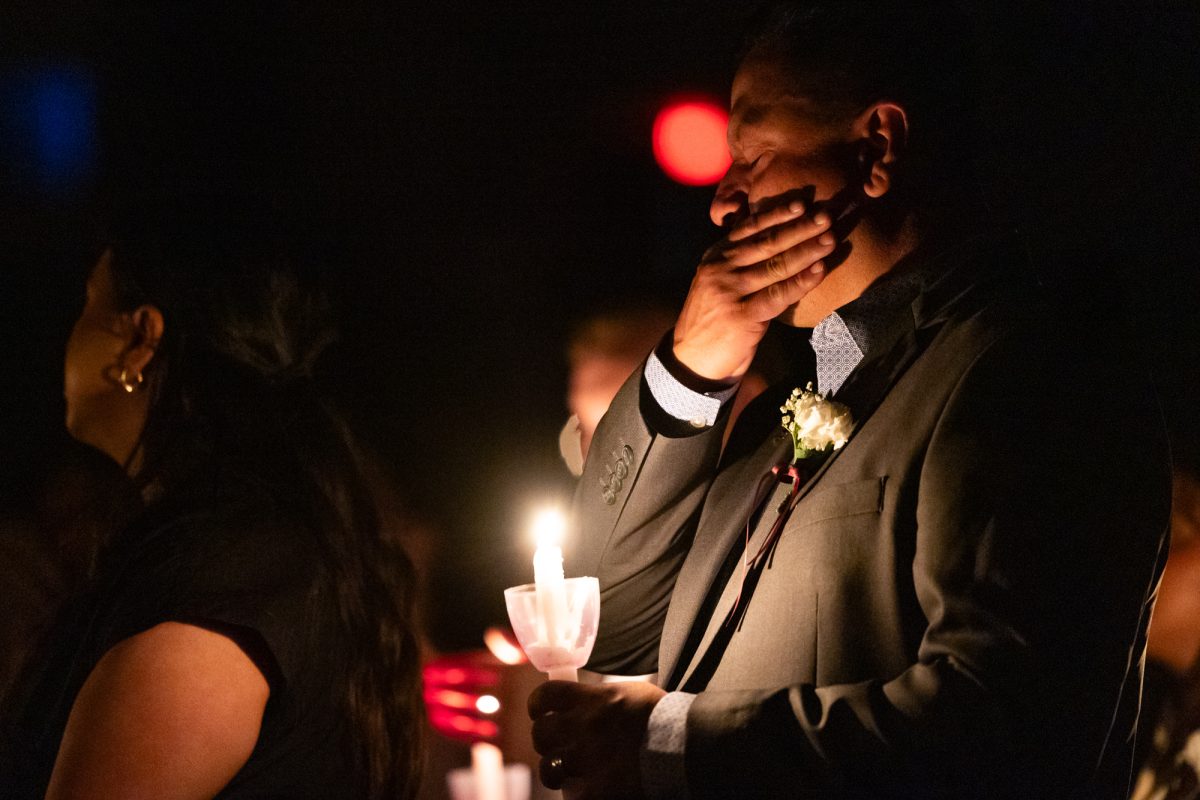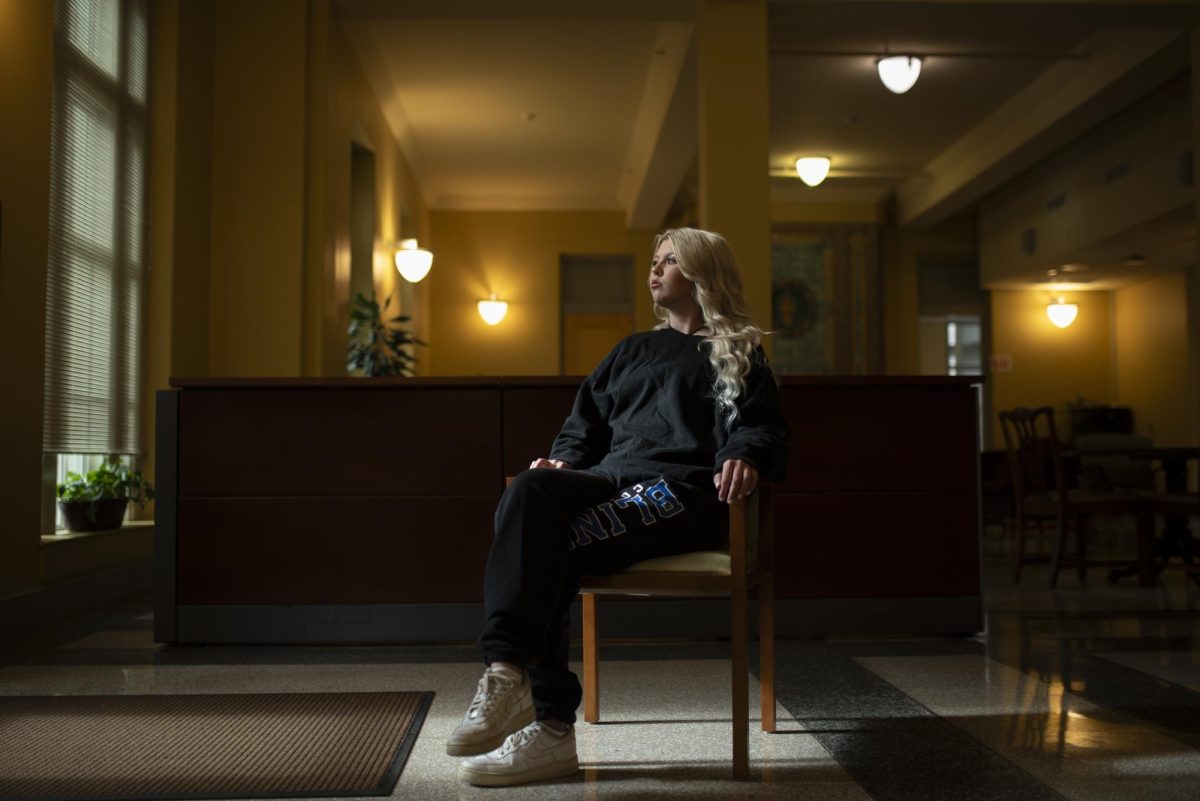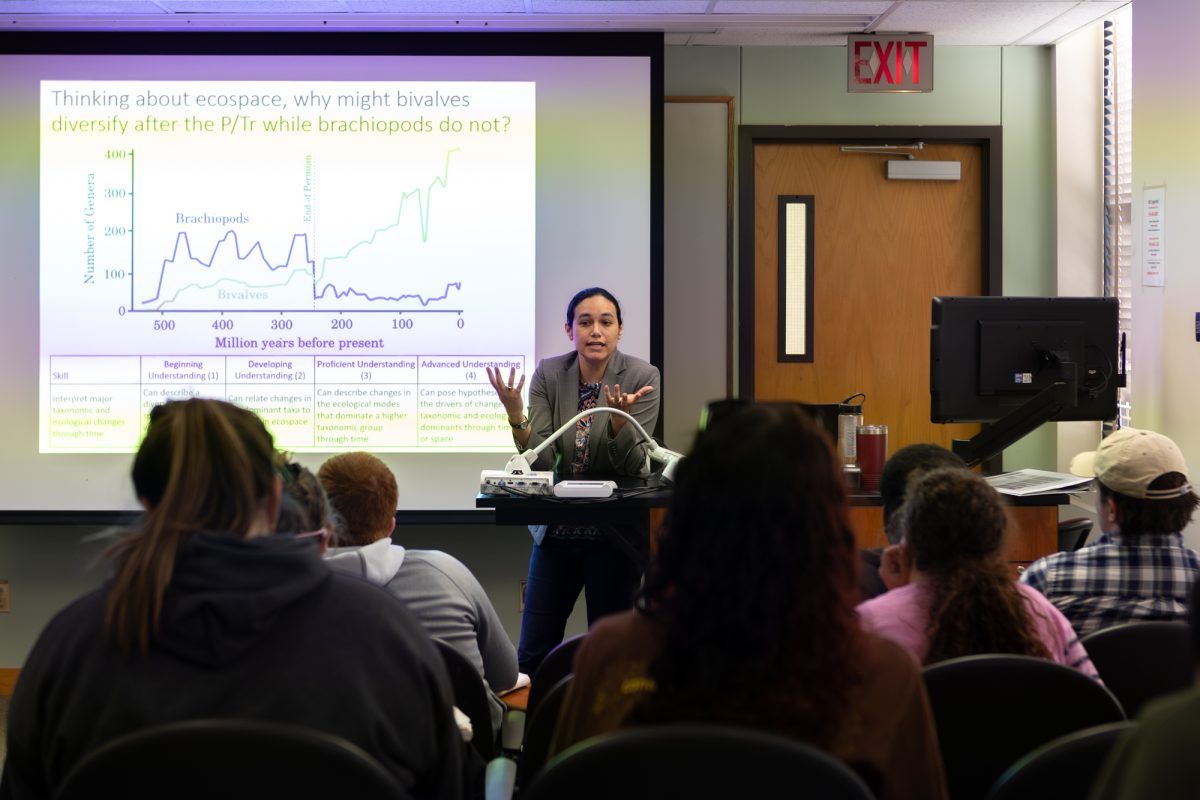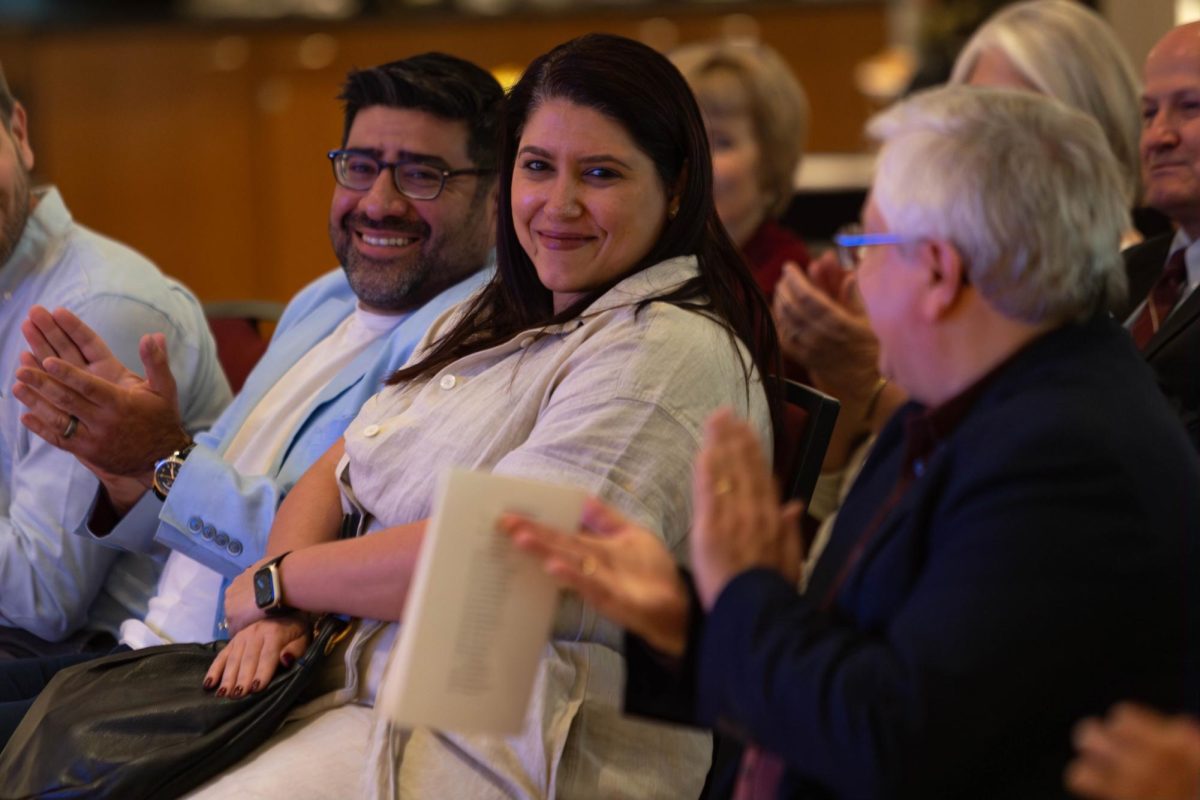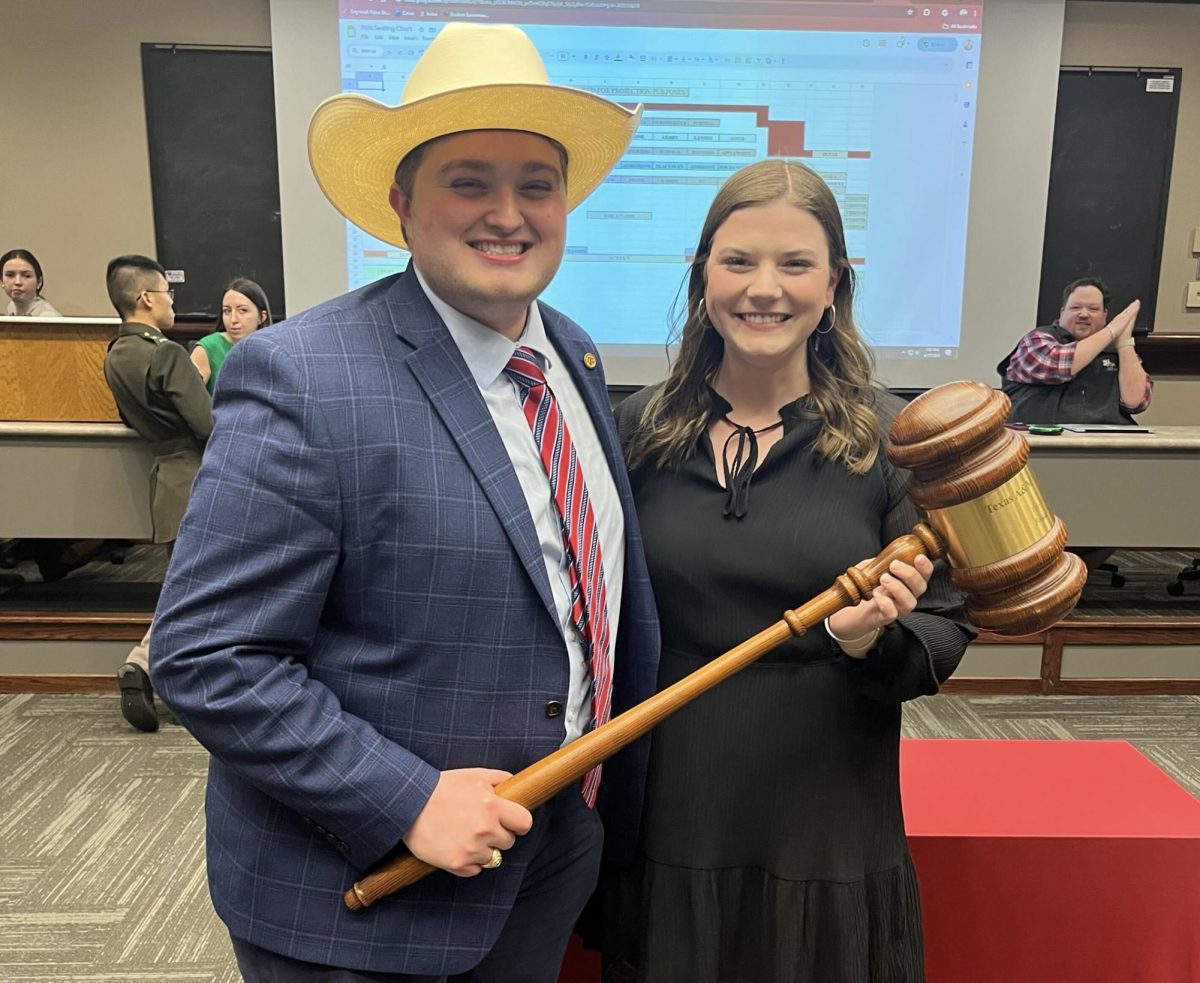David Cohen, lifestyles reporter, sits down with Keith Maggert, associate professor of biology.
THE BATTALION: You do your research on fruit flies. Would you elaborate on how that works?
MAGGERT: So I study fruit flies not because I really like bugs, but because I really like chromosomes. I’m primarily a geneticist, and what interests me and those in my lab is primarily how genes are regulated. For example, when a gene knows to be turned off or on. Fruit flies have been studied to be good evidence for this over the last 100 years, so we can capitalize on this.
THE BATTALION: What makes fruit flies different than any other types of organisms?
MAGGERT: Flies are really easy to culture, first of all. You can take two flies and they will generate 200 flies within two weeks. They can also withstand very crowded conditions, and if you care about concepts like unusually large chromosomes and muscle development they have tissues that can help you there. They have got a pretty short life, but they’re complex enough that they are better than something like yeasts or fungi.
THE BATTALION: What would be your prized discovery, if everything went correctly?
MAGGERT: It’d actually be one I’m working on right now. This growing field called epigenetics, which is trying to get at how the environment influences how genes turns on and off, has an offshoot in which it seems that if the environment communicates with a cell, the cell remembers what it learned from the conditions of that day, like if it was a hot day for example. It remembers that information for quite a long time, sometimes even passing that on to offspring. One of the unusual ones is diet, where if an organism overeats as a child, they might develop something like cancer 10 years earlier than their siblings. There is very little understanding of how this really works. Fruit flies, as it turns out, may do the same thing. So that’s what we’re trying to understand with our work.
THE BATTALION: What created your interest in biology and fruit flies?
MAGGERT: Both my parents were biologists. My mom was a marine biologist and my dad was a physiologist. He used to go to Antarctica and collect penguins. I was always around biology and animals, so I loved it from the get-go. So when I went to college, it was the first thing I did. When I went to grad school, I just picked the lab that I found the most exciting and the one that I selected kicked me off in this direction of gene regulation.
THE BATTALION: Do you try to foster the same kind of interest on your students?
MAGGERT: I try to, but everyone has different ways of running their labs. What I try to do is provide a safe place for all my students to explore things and there’s a balance I try to figure out between directing their research and letting them learn and make discoveries on their own.
THE BATTALION: Since you’ve been here for almost 10 years, how would you compare the culture at Texas A&M to your previous experiences?
MAGGERT: It’s certainly very different. The best thing to compare it to would be UC Santa Cruz, where I was an undergrad. We have 55,000 students here, and they had at most 8,000. That school is the middle of a forest, so you can’t really see one building from the next. We also didn’t have grades, so every class was decided on an individual one-page narrative that the professor would do on you. The way education ran there was very different. Culturally, it’s obviously very different than here. At that time, the atmosphere was very anarchistic whereas here it’s more culturally conservative.
THE BATTALION: Did the fact that your school did not have grades affect your teaching style or your learning experience?
MAGGERT: Don’t mistake this – not having grades was awful. You can learn how to work for points, or to make it work with what’s expected of you from the syllabus. With a narrative evaluation, however, you can have things that can be way more damning than just a “B”. When I applied for grad school, I just gave them a stack of these reviews and it was a lot more informative than just a transcript. As far as the way that affects my teaching, I learned from my close interaction with professors. Whereas there you could take the time to flush out ideas with each student, here it is just not as practical if you have to do 12-page exams that you have to grade fairly and timely. So there’s a constant struggle to have classrooms that can be as interactive as they were when I was a student.




